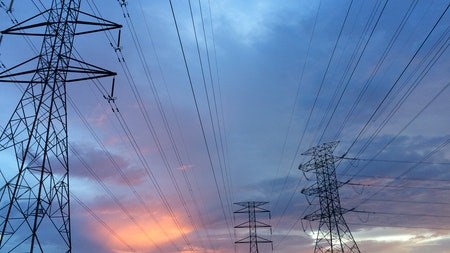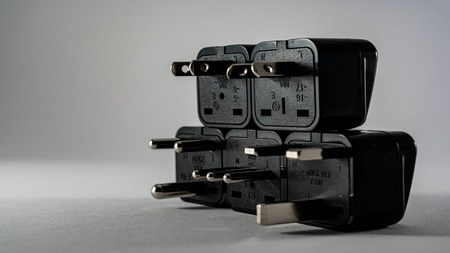Consumers are just coming to terms with Eskom’s 9.6% tariff increase that came into effect this month, only to hear that municipalities have proposed an additional tariff hike of an average of 7.4% from 1 July.
This means that municipal customers can expect to pay around 17% more for electricity this winter. The City of Cape Town, for example, has asked for a tariff increase of 9.5%, substantially above inflation.
The outlook is bleak, says Matthew Cruise, lead campaign manager of Hohm Energy.
“Electricity prices are likely to double over the next five years, even as the power supply becomes increasingly unstable. Eskom has forecast load shedding of at least 61 days over the next six months, amounting to disruptive power outages every three days. So, effectively, consumers will be paying much more, for far less.”
We clearly need to make a plan to keep the lights on. “There are opportunities for municipalities to look at alternative sources of power generation, But it will take a while for these to come online and generate the power needed to reduce residents’ reliance on Eskom.”
WATCH : Energy saving innovations for your home
The City of Cape Town has already published tenders to procure up to 300 MW of electricity from IPPs, and the Department of Mineral Resources and Energy has launched the sixth bid window (BW6) of the Renewable Energy Independent Power Producers Programme, says Cruise. “But we are still a long way from having sufficient renewable energy supply after three to five years. As such, individual households should also be considering how they can move away from Eskom power since this may allow them to access alternative energy supplies immediately.”
Over the last four years, there has been a consistent 30% annual increase in the duration of load shedding. “This is only going to intensify, plunging residents and businesses into darkness for extended periods at great cost to the economy and our quality of life,” says Cruise.
“A combination of alternative energy sources - including solar and battery installations, which is becoming increasingly affordable - will make a welcome dent in households’ monthly electricity bills and help sidestep ongoing power outages.”
Writer : Irvine Partners




